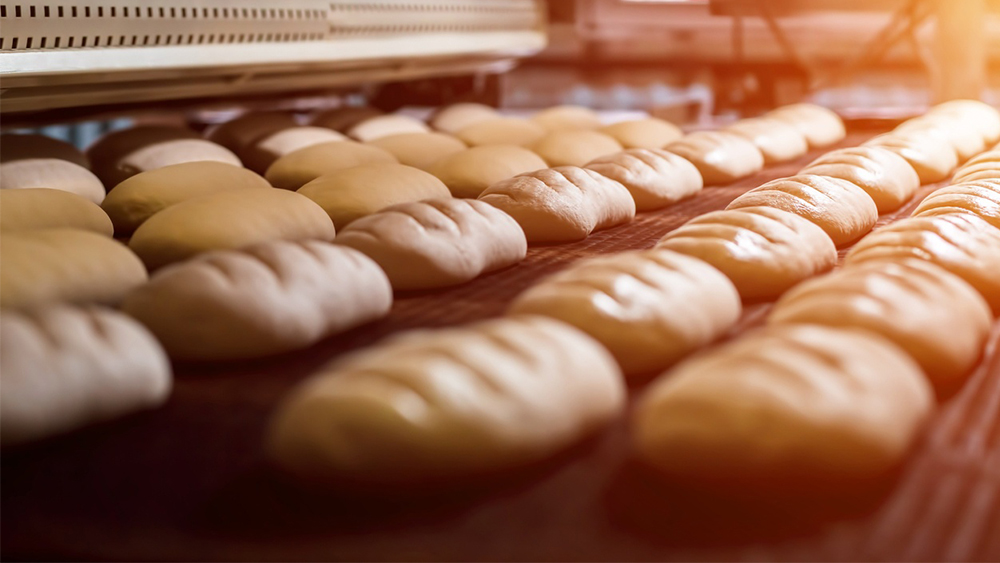The coronavirus pandemic has changed the produce industry forever. Americans spend more time at home and less time at concerts, restaurants, and parties. This isolation has upended the way we consume food, and the produce industry has been feeling the heat.
Americans wasted around 40% of their food before the pandemic, which will probably get worse before it gets better. Meanwhile, food insecurity is on the rise across the country and abroad. Experts believe the number of residents going hungry could reach more than 50 million before this is all over.
What went wrong?
With states issuing shelter-at-home orders and companies asking their employees to work from home, fresh produce has been caught in the crossfire. Instead of shipping fruits and vegetables wholesale to restaurants, schools, and businesses of all sizes, suppliers had to adjust their operations on the fly. More people are now getting their food closer to home, usually at the grocery store. Produce retail sales are up across the board but getting these products to the right place at the right time has been a nightmare for some growers.
Many clients have been canceling their orders out of the blue, which means growers have nowhere to send their food. Rerouting fresh produce to the grocery store at the last minute is often easier said than done. Meanwhile, fresh fruits and vegetables come with a strict shelf-life, so tons of food ended up going to waste instead of winding up on the shelf.
So, what can we do to prevent these issues in the future?
Safe, reliable staffing
Supply chain management in the produce industry isn’t what it used to be. Like many businesses, the coronavirus pandemic caught growers off guard. As essential businesses, they had to continue operating while adhering to the latest safety guidelines. That meant keeping workers at least six feet apart, screening for flu-related symptoms, and providing personal protective equipment (PPE) to frontline workers.
Agricultural companies need to prioritize their workers’ health and safety as they try to get back to business as usual. That means educating new and existing workers on the latest safety information, stocking up on PPE, and taking steps to prevent the spread of infectious diseases – including the common cold and flu.
Workers also need access to paid sick leave, so they can recover from illness without worrying about paying their rent or quarantine safely if they’re exposed to the coronavirus. The sooner these workers can recover, the sooner they can get back to work.
Limit touchpoints
When it comes to protecting workers, employers should do their best to limit touchpoints and in-person gatherings to reduce the spread of the virus. Passing around a pen and piece of paper isn’t just inefficient. It can be a potential hazard. Wiping down surfaces and wearing gloves might not be enough to prevent transmission.
Growers should limit these interactions by completing their work online or via digital apps and software programs. Each worker should have his own device, so they don’t have to pass it around to other team members. Automation and artificial intelligence can further streamline the process. Instead of scanning or recording product information by hand, machines will automatically upload this information to the cloud, making it available to all parties in real time.
The loading/unloading process can lead to the spread of disease as well. Companies should use collapsible plastic storage bins and bulk containers to increase efficiency. Plastic bins are completely stackable, meaning workers can move thousands of pounds of merchandise in a single load, limiting the number of times they have to come into contact with the container.
Industrial wire baskets also keep the food visible. Managers and growers can quickly inspect their inventory without having to open or touch the container. It’s about streamlining manual processes and reducing tedious tasks that can lead to the spread of germs and disease-causing bacteria. Shipping in bulk also can help companies reduce their supply chain carbon footprint.
Creating a contingency plan
Considering the pandemic, growers might not have as much control over where they sell their food. With new outbreaks across the country, states are issuing updated shelter-in-place orders and safety requirements for businesses. Growers could once again face challenges or sudden cancellations when trying to ship their food to clients.
That’s why it’s best to develop a contingency plan for delivering food. That way, growers have more than one buyer to choose from. If there’s a chance the local restaurant or school could cancel its order, the grower can always work with a local supermarket or nonprofit as an alternative. They might have to sell their food at a lower price, but it will still go to good use instead of winding up in the trash.
Growers should coordinate with local businesses and charities looking for food to quickly deliver excess inventory before it spoils. This often means creating new supply routes or working with another logistics provider. Even though some businesses are closing their doors, everyone still needs to eat. There are plenty of hungry individuals and households nearby.
Growers need to reach out to make sure their food ends up in the right place at the right time. Instead of selling fresh food, some companies might decide to freeze or preserve it until it reaches its destination.
The produce industry isn’t known for its flexibility, but the pandemic is pushing companies large and small in new directions. Growers must be smart when it comes to delivering their food during these uncertain times. It could take some time before the produce industry returns to business as usual, even if the virus starts to let up. Many people will continue to cook at home instead of going out to a restaurant for many months to come.
Find out more about you can prepare your business for dramatic supply chain disruptions buying watching this on-demand webinar.
About the author
 David Madden is an efficiency expert, and the founder and president of Container Exchanger. His passion and business is to save companies money through the use of used, reusable, and repurposed industrial packaging, such as plastic and metal bulk containers, Gaylord boxes, bulk bags, pallets, IBC totes, and industrial racks. He holds an MBA as well as a certificate from Daimler Chrysler Quality Institute for completion of six-sigma black belt training.
David Madden is an efficiency expert, and the founder and president of Container Exchanger. His passion and business is to save companies money through the use of used, reusable, and repurposed industrial packaging, such as plastic and metal bulk containers, Gaylord boxes, bulk bags, pallets, IBC totes, and industrial racks. He holds an MBA as well as a certificate from Daimler Chrysler Quality Institute for completion of six-sigma black belt training.

